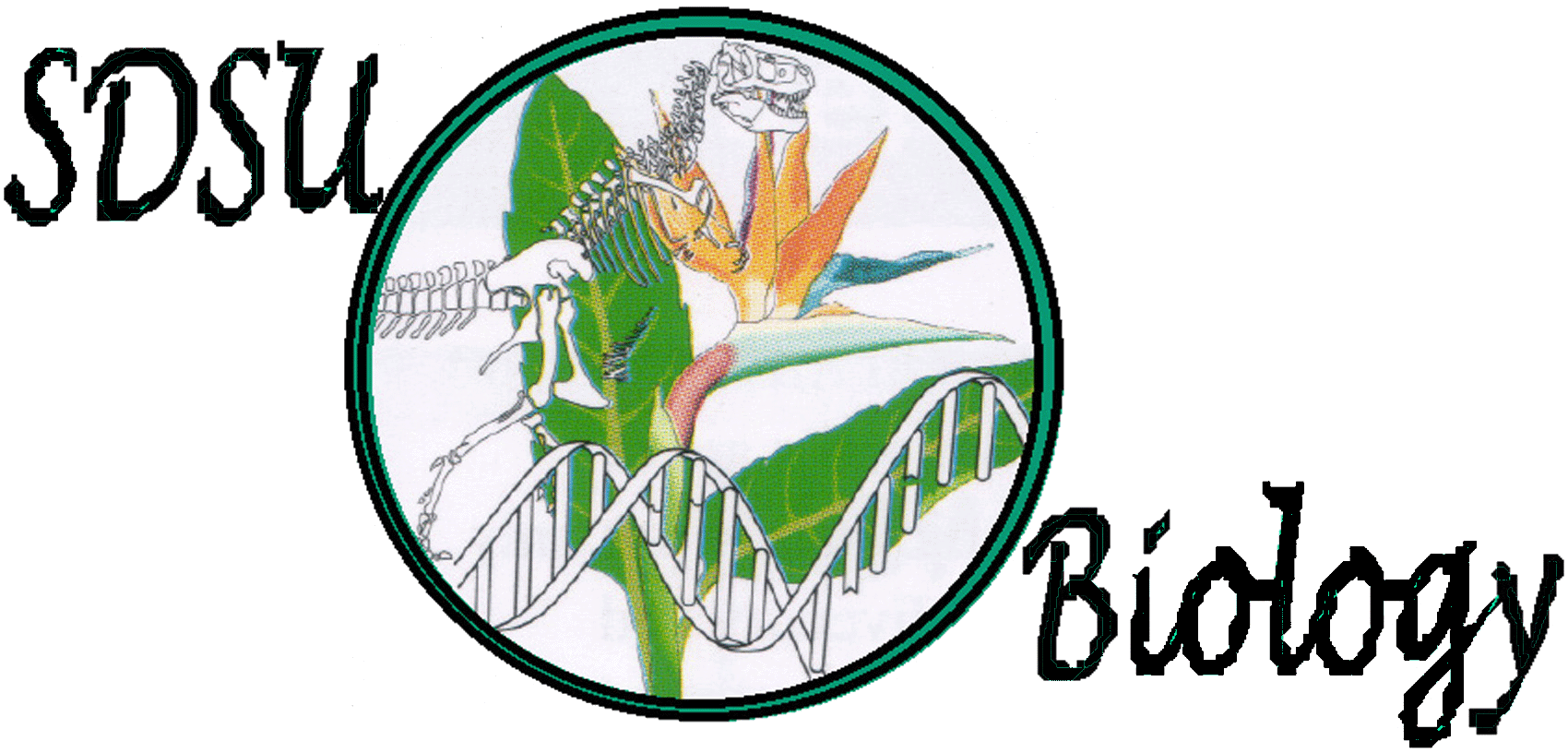|
|
Starting from the premise that evolution underlies all of biology, the primary mission
of the Evolutionary Biology Program Area is to discover and share knowledge about
the processes and patterns of biological evolution.
We aim to advance the field of evolutionary biology through excellence in teaching, research, and mentoring,
to actively demonstrate the relevance of evolutionary theory throughout the sciences, and to increase public awareness of evolution, especially as it relates to the origin and conservation of biodiversity.
Graduate Programs in Evolutionary Biology at SDSU
Areas of Expertise and Emphasis in Evolutionary Biology at SDSU
Biodiversity Studies include research on the diversification of life, both extinct and extant, across all biological levels of organization, from the DNA molecule to the ecological community. Several labs also concentrate on the flora and fauna of the California, a region of extraordinary biological diversity and a global "hotspot" of species richness and endemism.
Faculty: Bohonak, Burns, Flores-Rentería, Hedin, Kelley, Reeder, Sethuraman
|
|
 |
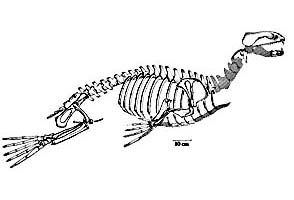 |
|
Comparative and Integrative Biology include studies that relate diverse aspects of biology, such as ecology, behavior, development, and physiology, within an evolutionary context.
Faculty: Burns, Clark, Flores-Rentería, Waters, Zayas, Zeller
|
Evolutionary Ecology is an integrative field bridging ecology and evolution while examining the evolution of interactions between and within species and with their environment.
Faculty: Flores-Rentería, Reeder, Sethuraman
|
|
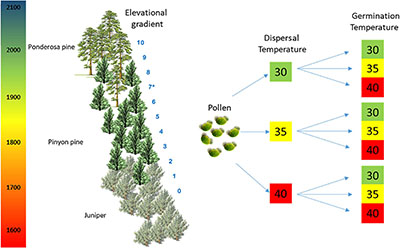 |
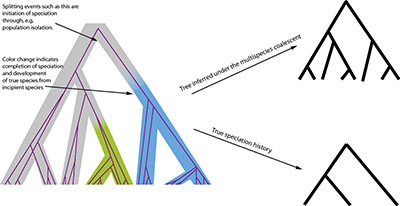 |
|
Evolutionary Modeling and Informatics is the use of computational methods, statistical models, and software to provide new or improved approaches to analyzing a variety of evolutionary biological systems across all the domains of life.
Faculty: Sukumaran
|
Molecular Evolutionary Biology is the detailed study of the evolution of biological molecules, with the goal of understanding the evolution of the structure and function of genes and proteins and how these relate to changes in organismal form, development, physiology, and the diversification of life.
Faculty: Waters, Zeller
|
|
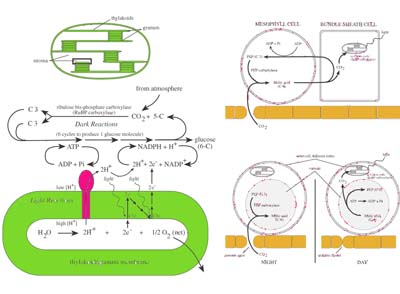 |
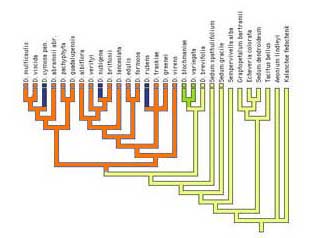 |
|
Phylogenetics is the component of systematic biology that deals with inferring the evolutionary history of a group of organisms, forming the basis of classification, as well as being a tool to study speciation and extinction processes, biogeographic history, and character evolution.
Faculty: Bohonak, Burns, Flores-Rentería, Hedin, Kelley, Reeder, Sethuraman, Sukumaran, Waters
|
Population and Conservation Genetics is the study of diversity within and divergence among gene pools, as driven by the evolutionary forces of nonrandom mating, mutation, migration, drift, and natural selection.
Faculty: Bohonak, Burns, Flores-Rentería, Hedin, Reeder, Sethuraman
|
|
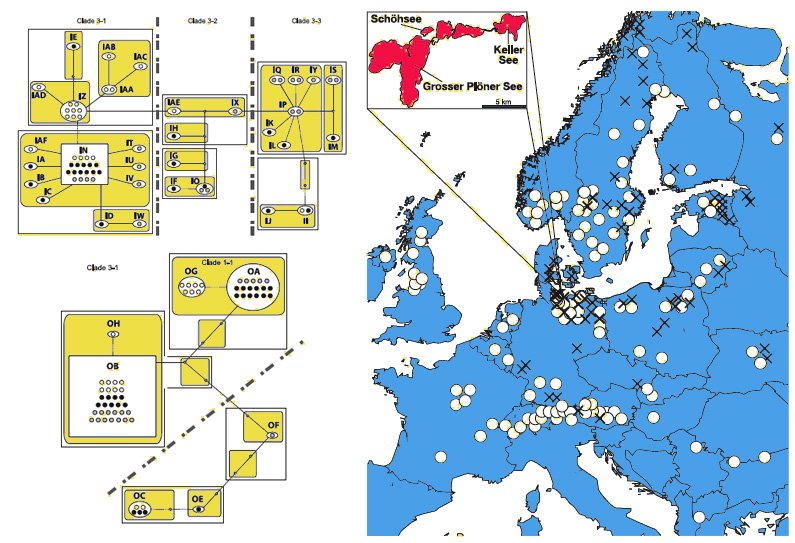 |
|
|
"There is grandeur in this view of life, with its several powers, having been originally breathed into a few forms or into one; and that, whilst this planet has gone cycling on according to the fixed law of gravity, from so simple a beginning endless forms most beautiful and most wonderful have been, and are being, evolved."
Charles Darwin, 1859
|
|
"Nothing in biology makes sense except in the light of evolution."
Theodosius Dobzhansky, 1964
|
|
|
